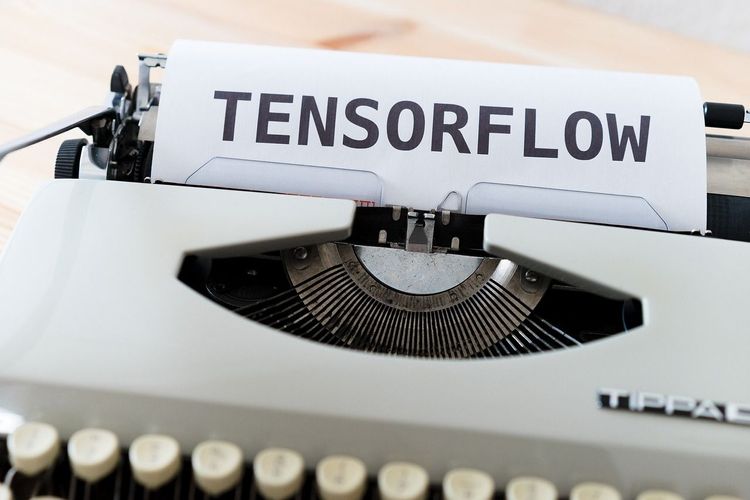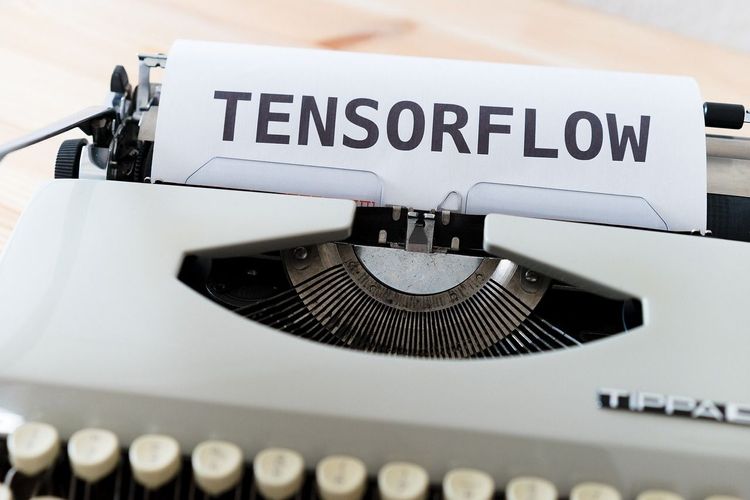Power Restructuring at OpenAI: Analyzing the Rise of New Forces Amid Executive Turmoil
Most people like
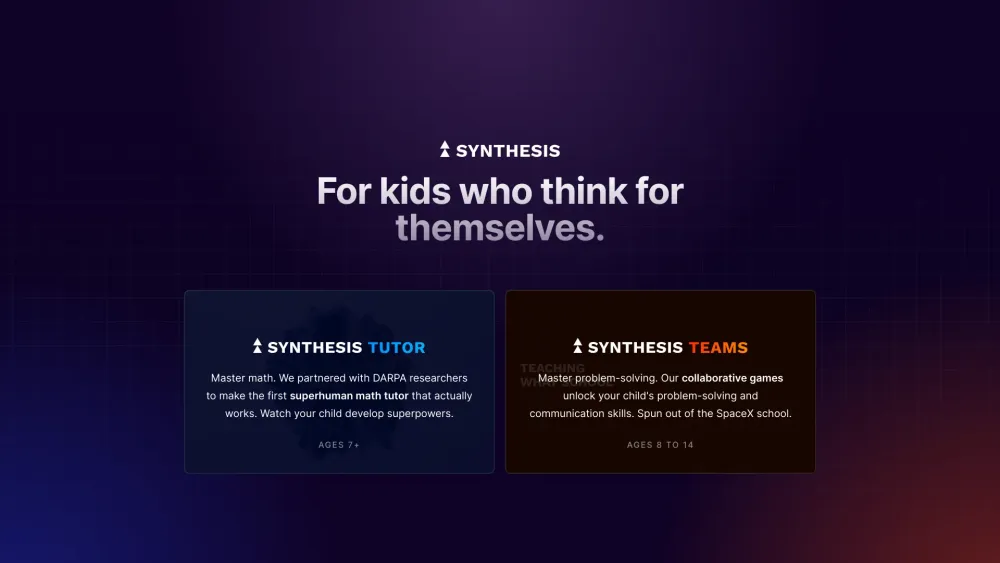
In today's rapidly evolving digital landscape, effective educational AI is transforming the way we learn and teach. By leveraging advanced algorithms and data-driven insights, AI-driven solutions enhance personalized learning experiences, improve student engagement, and streamline administrative processes. This article explores the profound impact of educational AI on modern education, highlighting its benefits and potential to revolutionize the learning environment. Join us as we delve into the future of educational technology and its role in fostering better education for all.
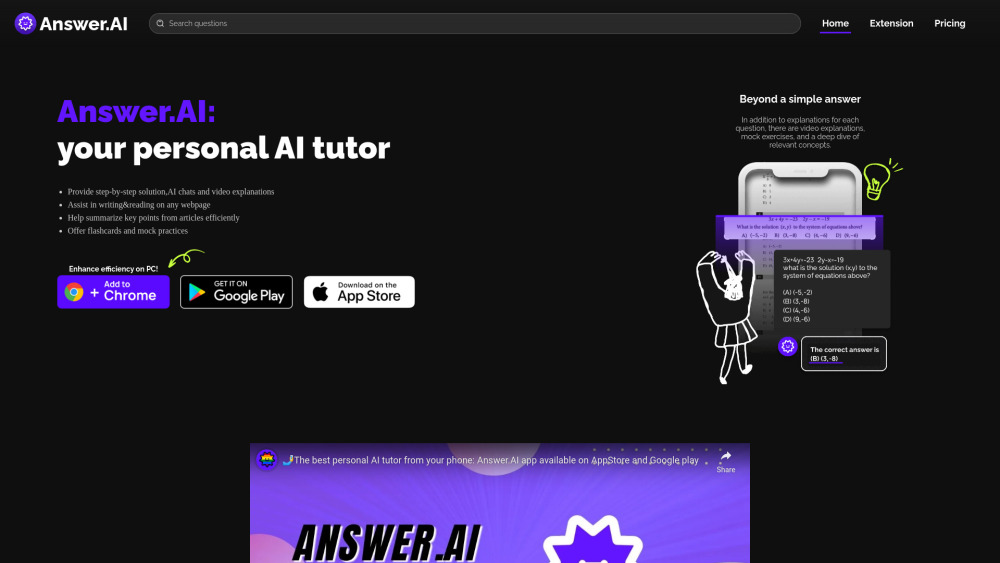
Unlock the potential of your academic journey with our innovative AI-powered homework helper app. Designed to assist students in mastering complex subjects, this tool offers personalized guidance and instant support for any homework challenges. Whether you're grappling with math problems or exploring literature, our app simplifies learning with tailored resources at your fingertips. Experience the future of education and enhance your study sessions today!
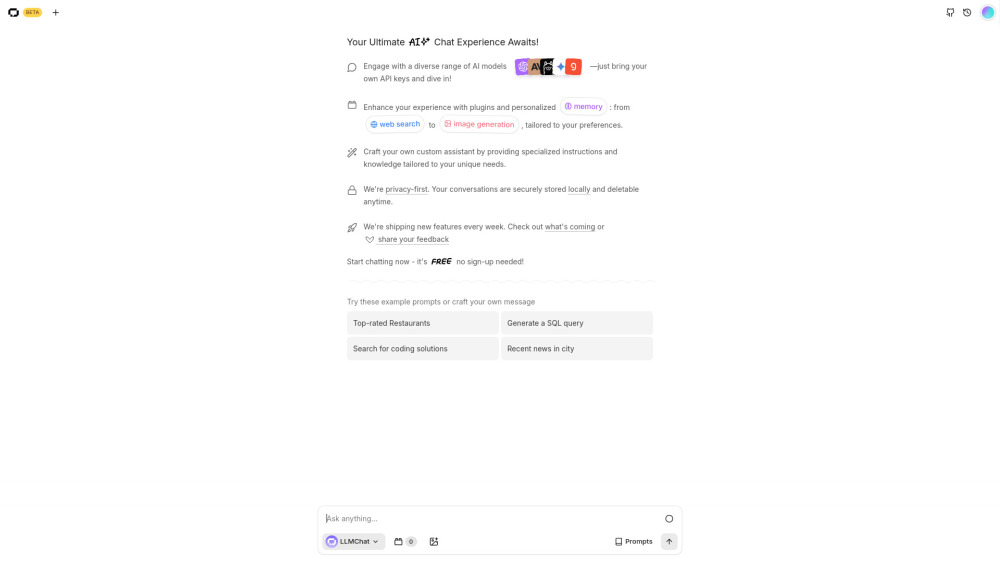
Introducing an AI chat platform dedicated to privacy and optimized for seamless interactions with leading large language models (LLMs). Experience secure, engaging conversations while enjoying the benefits of advanced AI technology.
Find AI tools in YBX


